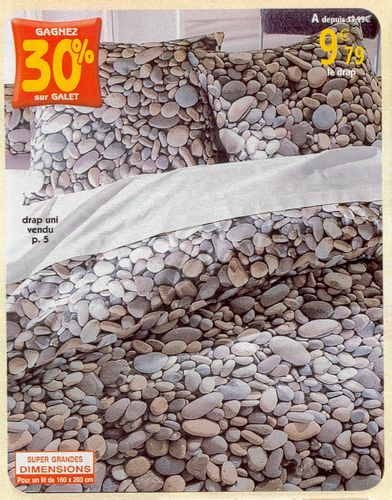 et je m'endormirai sur les galets...
et je m'endormirai sur les galets...
an ad from a mail service catalogue ...
|
 gy & cy
gy & cy
our beginning...
|
 memories... printemps de bourges 1978
memories... printemps de bourges 1978
program:
alan stivell, anne sylvestre, areski fontaine, bernard lubat, claude nougaro, gabriel yacoub, georges moustaki, gilbert laffaille, graeme allwright, jean-roger caussimon, lluis llach, louise forestier, maria del mar bonet, michèle bernard, mireille, mona lisa, pia colombo, renaud, roger siffer, steve waring...
|
 trains
trains
|
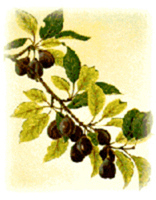 plums
plums
endurance, resistance, tenacity
|
 brother, can you spare a dime?
brother, can you spare a dime?
they used to tell me i was building a dream
and so i followed the mob when there was earth to plow or guns to bear
i was always there right on the job
they used to tell me i was building a dream with peace and glory ahead
why should i be standing in line just waiting for bread?
once i built a railroad i made it run made it race against time
once i built a railroad now it's done
brother, can you spare a dime?
|
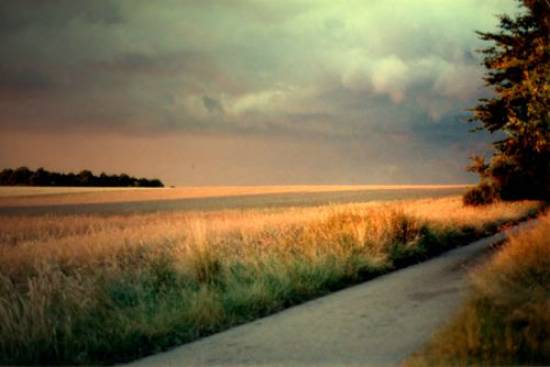 malicorne
malicorne
© eric pascual
|
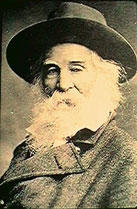 walt whitman
walt whitman
i hear america singing, the varied carols i hear,
those of mechanics, each one singing his as it should be blithe and strong,
the carpenter singing his as he measures his plank or beam,
the mason singing his as he makes ready for work, or leaves off work,
the boatman singing what belongs to him in his boat, the deckhand
singing on the steamboat deck,
the shoemaker singing as he sits on his bench, the hatter singing as he stands,
the wood-cutter's song, the ploughboy's on his way in the morning, or at noon intermission
or at sundown,
the delicious singing of the mother, or of the young wife at work,
or of the girl sewing or washing,
each singing what belongs to him or her and to none else,
the day what belongs to the day
at night the party of young fellows, robust, friendly,
singing with open mouths their strong melodious songs
© 1997-2004 by the academy of american
[images]
[the voice]
|
 the oak and the reed
the oak and the reed
analysis of "le chĂŞne et le roseau", a poem by jean de la fontaine [1621 - 1695], shows the contrast of the characters while moralizing about hidden strengths that are often overlooked or belittled
in this poem, the oak is personified as having a stubborn sense of strength, while the humble reed is represented as possessing the qualities of endurance, flexibility, and hidden strength
la fontaine teaches the reader his lesson through the use of nature by having the oak and the reed converse about their strengths
in the end the reed proves his point when the north wind uproots the oak, leaving it to die
the theme is a universal one, easily recognized and understood by all
the poem’s central idea is that strength is not necessarily size and power, but in adaptability, endurance, and flexibility
la fontaine illustrates the theme well in these lines: “l’arbre tient bon; le roseau plie
le vent redouble ses efforts, et fait si bien qu’il déracine celui...”
the poet further develops the theme with a moral which implies that humility is more important than pride
la fontaine places most emphasis on idea to help develop this moral
in the end, the pompous oak’s strength is his weakness
[mail]
|
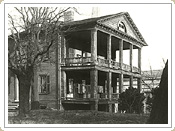 moldavia
moldavia
fifth & main street, richmond, va
edgar allan poe's last home
|
|
|